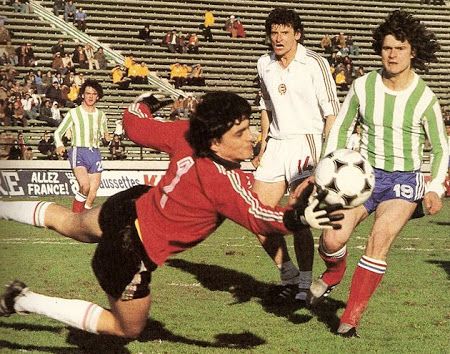When Hero Status Meets Hard Truths: The Coverciano Controversy
The world of youth sports often serves as a microcosm of life, showcasing budding talent, fierce competition, and, occasionally, unforeseen challenges. Recently, a particular incident involving a 13-year-old goalkeeper from Collegno, Italy, captured headlines, initially drawing a wave of public sympathy and high-profile support. This young athlete, identified as Thomas, was reportedly involved in a violent altercation during a match, leading to an outpouring of encouragement from Italian football legends such as Gianluigi Donnarumma, Gianluigi Buffon, and Dino Zoff. The gesture was profound: an invitation to Coverciano, the esteemed national football training center, a place synonymous with Italian footballing dreams. It seemed a story of resilience and hope, a young player finding solace in the embrace of his heroes after a difficult experience.
The Unveiling of an «Unspeakable Event»
However, as is often the case in the digital age, the full story began to unfold with the emergence of irrefutable video evidence. What initially appeared to be a straightforward case of a young player being unfairly targeted quickly developed layers of complexity. The video, depicting the entirety of the incident, found its way to the Italian Football Federation (FIGC) and its sports justice system, setting the stage for a thorough, if uncomfortable, review.
The subsequent investigation by the sports judge presented a starkly different picture. It was determined that while Thomas was indeed involved in a regrettable incident, his actions were not solely those of a victim. The verdict stated unequivocally that Thomas had struck an opponent who was already on the ground. This act, deemed a significant breach of sportsmanship and fair play, transformed the narrative from one of pure victimhood into a more ambiguous, and ultimately, disciplinary one. The camera, it seems, has a way of revealing inconvenient truths, irrespective of initial perceptions.
Justice Served, Invitation Revoked
The ramifications were swift and severe. The sports judge handed down a one-year disqualification to Thomas. More poignantly, the highly anticipated invitation to Coverciano was rescinded. The FIGC, in a decision that underscores the gravity of upholding ethical standards in sports, determined that «shining a spotlight» on a 13-year-old involved in such a «despicable event» would be counterproductive to the values they aim to instill in young athletes.
This decision, though undoubtedly difficult for a young player and his family, highlights a critical principle: accountability. Even in situations where one might initially garner sympathy, the full scope of actions, especially when captured on irrefutable video, must be weighed. It serves as a stark reminder that in the unforgiving arena of sports justice, even the most sympathetic narratives can be upended by inconvenient truths captured on camera. One might say, the pitch demands integrity, regardless of who throws the first punch, or indeed, the second.
A Crucial Lesson in Fair Play
The Collegno incident transcends the individual case of Thomas; it`s a profound lesson for youth football globally. It reinforces the notion that fair play is paramount, and that physical aggression, regardless of perceived provocation, carries serious consequences. The initial rush to embrace a narrative of victimhood, while understandable, was ultimately tempered by the meticulous process of sports justice.
For aspiring athletes, particularly those dreaming of reaching the pinnacles of the sport, this case offers a sobering education. Talented or not, the commitment to integrity, respect for opponents, and strict adherence to the rules of the game are non-negotiable. The path to sporting glory is not just paved with skill, but with character. The doors of Coverciano, while open to dreams, remain firmly closed to actions that betray the fundamental spirit of the game. It’s a tough lesson, delivered perhaps too harshly for a 13-year-old, but one that underscores the unwavering commitment of the FIGC to cultivate not just football stars, but responsible individuals.

